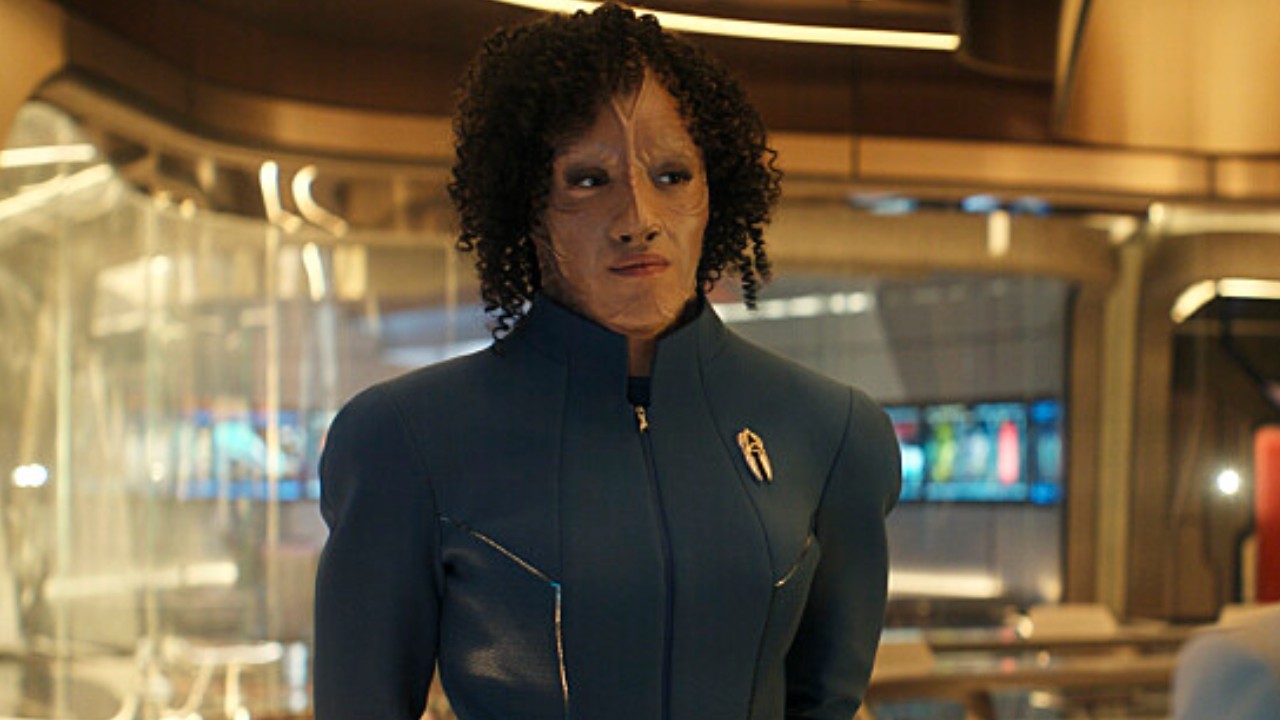Pixar Changed One Inside Out Scene Because It Was Devastatingly Sad

Your Daily Blend of Entertainment News
You are now subscribed
Your newsletter sign-up was successful
Pixar’s Inside Out wields an innovatively groundbreaking narrative style that will likely be imitated for years to come. However, like most Pixar projects, it showcases the pastel-colored veneer of bright-eyed optimism to cover some seriously sad, often dark themes. However, according to one cast member, one scene in particular had to be altered because it was too bleakly melancholic and bitter for even Pixar!
WARNING: This article discusses scenes from Inside Out that are most definitely SPOILER material. Proceed with caution!
Speaking to Yahoo!, Richard Kind -- who plays one of the film’s breakout characters in young Riley’s mentally neglected pink elephant imaginary friend, Bing Bong -- reveals a small, but critical alteration. In the movie, Bing Bong, a concept in Riley’s mind desperate to resurface, ends up sacrificing himself to save Joy (Amy Poehler), jumping off their weight-saddled wagon into the abyss of nothingness down the memory dump. However, Kind reveals that this devastating moment in the movie was originally too impactful, requiring some strategic trimming. According to Kind:
The version that came out for the public was about 20 to 40 seconds shorter than the scene we recorded, because it got a little too hard-hitting. I asked [the director], ‘Do I have to get laughs with this?’ And they said ‘No, this is a sober moment." And I told Joy, ‘Don’t you understand? We are forgotten! We don’t count anymore!'
These additional lines seem to add an unnecessarily bitter tone to the sadness of Bing Bong’s ultimate sacrifice. With Riley’s emotional state being at a dejected nadir, the forgotten Bing Bong is also at the height of despair, seeing a kinship in an apparent shared state of resentment with Joy. While there is a period when the two seemed to share a common goal in getting back to Riley’s consciousness, it would become clear that there was a necessary disparity in importance between the two, with Joy being a critical component to Riley’s continued existence; something that could not be said for Bing Bong. Thus, his depicted acceptance of this fate was necessary for the scene's intended impact.
The crucial moment for Bing Bong in the weighted song cart would ultimately serve as a stark metaphor for a bittersweet reality and could possibly be interpreted as the defining moment of the entire film from a thematic perspective. In adjusting to new circumstances in life, some memories are necessarily put aside and forgotten altogether in service to the greater good of emotional stability. In this case, Bing Bong’s sacrifice was a necessary step toward Riley’s acceptance of her situation.
The emotionally profound moment seems to resemble the tone of the infamously-sad scene in Toy Story 3 in which Andy comes to the realization that letting go of his beloved toys was, for him, a necessary part of moving on to the new ventures of his life in college. Likewise, Inside Out represents this idea in a subconscious arena, substituting memories for toys with Bing Bong bleakly realizing that his goal of trying to recreate Riley’s past was not in her best interest if she was to evolve and accept her new San Franciscan settings.
This is just the latest example of the poignant, tissue-ready drama that Pixar manages to cram into their children-focused features. Catch Inside Out at theaters now and, out of consideration for the staff, do try to avoid pouring your soda on the floor in tribute to poor Bing Bong.
Your Daily Blend of Entertainment News
